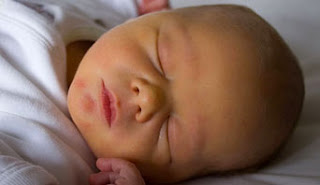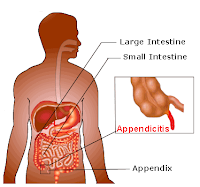Researchers only says that brain tumor can be caused to people who have undergone radiation treatments people who have a rare genetic condition called neurofibromatosis, HIV infection, Cigarette smoking, pollution, your age and history of any condition for brain tumor on the family but the exact cause of brain tumor is unknown.
Different Types of Brain Tumors
Brain tumors are of different types and they are named according to the portion of the brain where the tumor is caused.
In adults mainly the below given types of tumors are caused.
1. Astrocytoma
a) Grade one or two Astrocytoma
b) Grade three astrocytoma
c) Grade four astrocytoma
2. Meningioma
3. Oligodendroglioma
Different types of Brain tumors caused to Children are given below.
1. Medulloblastoma
2. Grade one or two astrocytoma
3. Ependymoma
4. Brain Stem Glioma
What are the Symptoms and Signs of a Brain Tumor?
1. Headache: Headache is a major symptom of brain tumor. Headache get worsen in the morning time. Headache patterns get changes time to time. The severity of the pain gets increased when the tumor gets old.
2. Nausea and Vomiting: Nausea and Vomiting is one other common symptom of a tumor. This is one other common factor for other diseases also. If you are unable to find the reason for unexplained nausea and vomiting then it’s always better to visit a doctor and get tested for a brain tumor or related diseases.
3. Problems with the vision: Blurred vision, changes in vision, brain vision and brain stem
4. Difficulty in balancing: Loss of balance while walking and difficulty with fine motor skills.
5. Speech Problems: Changes in speech, hearing and memory. Changes in the emotional state, aggressiveness and related problems, confusion with everyday problems,
6. Swallowing Difficulties: Weakness in the jaw makes difficulties in swallowing food.
Above given are some of the important symptoms of brain tumor or brain cancer. Persons who are facing any of these symptoms for unknown reasons should visit a doctor and get a full checkup for a brain tumor. Tumors are difficult to treat at the last moment of diagnosis, but they can easily treat if a doctor can diagnose it in the initial stage itself. This is why doctors say that even if you are facing a normal fever one must consult a doctor and confirms that it is a normal and usual fever. Fever can be a symptom of any other diseases also. So the thing is, its always better to consult a doctor.
Treatments available for Brain Tumor.
Treatments are decided according to the size, age and type of person. Each of them has a different type of treatments and this is decided by the neurosurgeon. Normally brain tumors are treated with surgery, radiation, and chemotherapy. Before undergoing surgery, patient gets injected with steroids to relieve swelling.
Surgery is the primary way of getting rid of tumors. Neuron Surgeon will try to remove the tumor partially and this helps to reduce the pressure in the brain. Remaining part of the tumor will be removed with radiations or chemotherapy.
Rajagiri Hospital is one of the best
Neurosurgery Hospitals In Kerala, India who have the most experienced and talented doctors like
Dr. Jagath Lal and
Dr. Manoj Narayana Panicker.
Radiation therapy for a brain tumor is done suing x-rays and other kinds of radiations. This destroys the cancerous cells and prevents its growing. And this is also a painless way of treatment. This increases the chances of survival of the patient
Chemotherapy is another way of killing cancerous cells. This is by injecting or orally feeding cancerous killing drugs. Drugs and dose will vary according to the patient’s condition and age.












